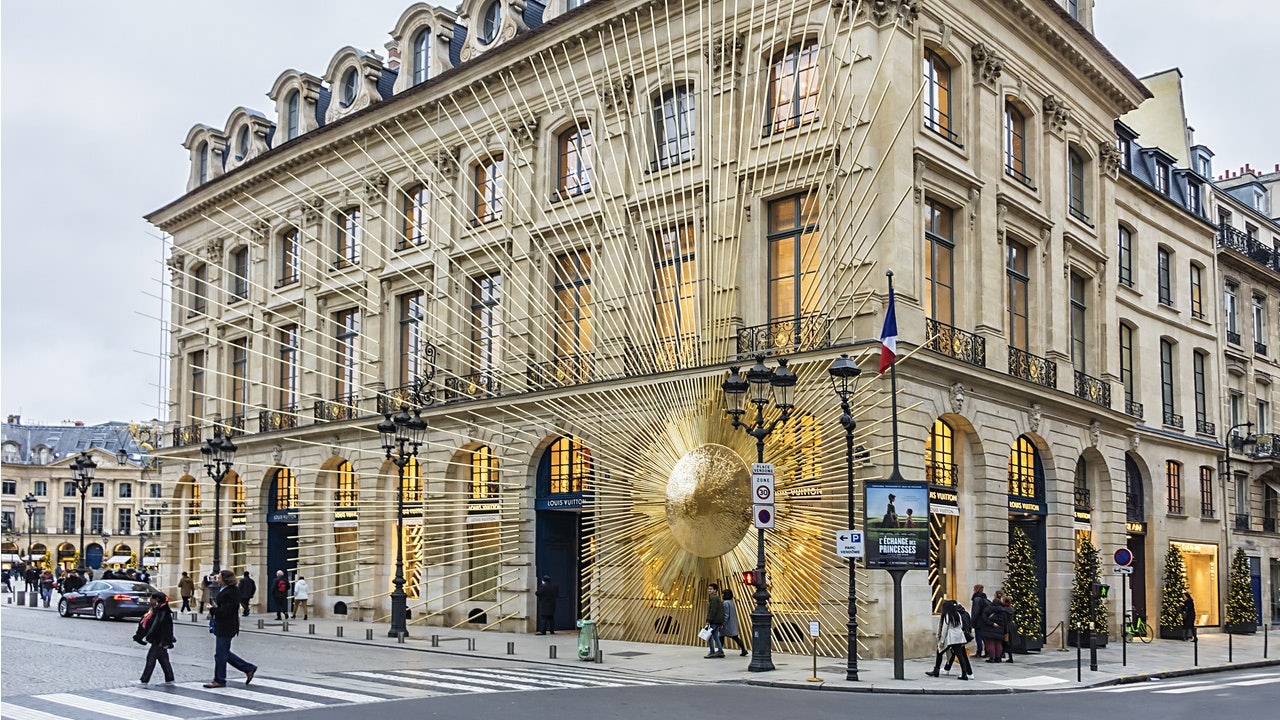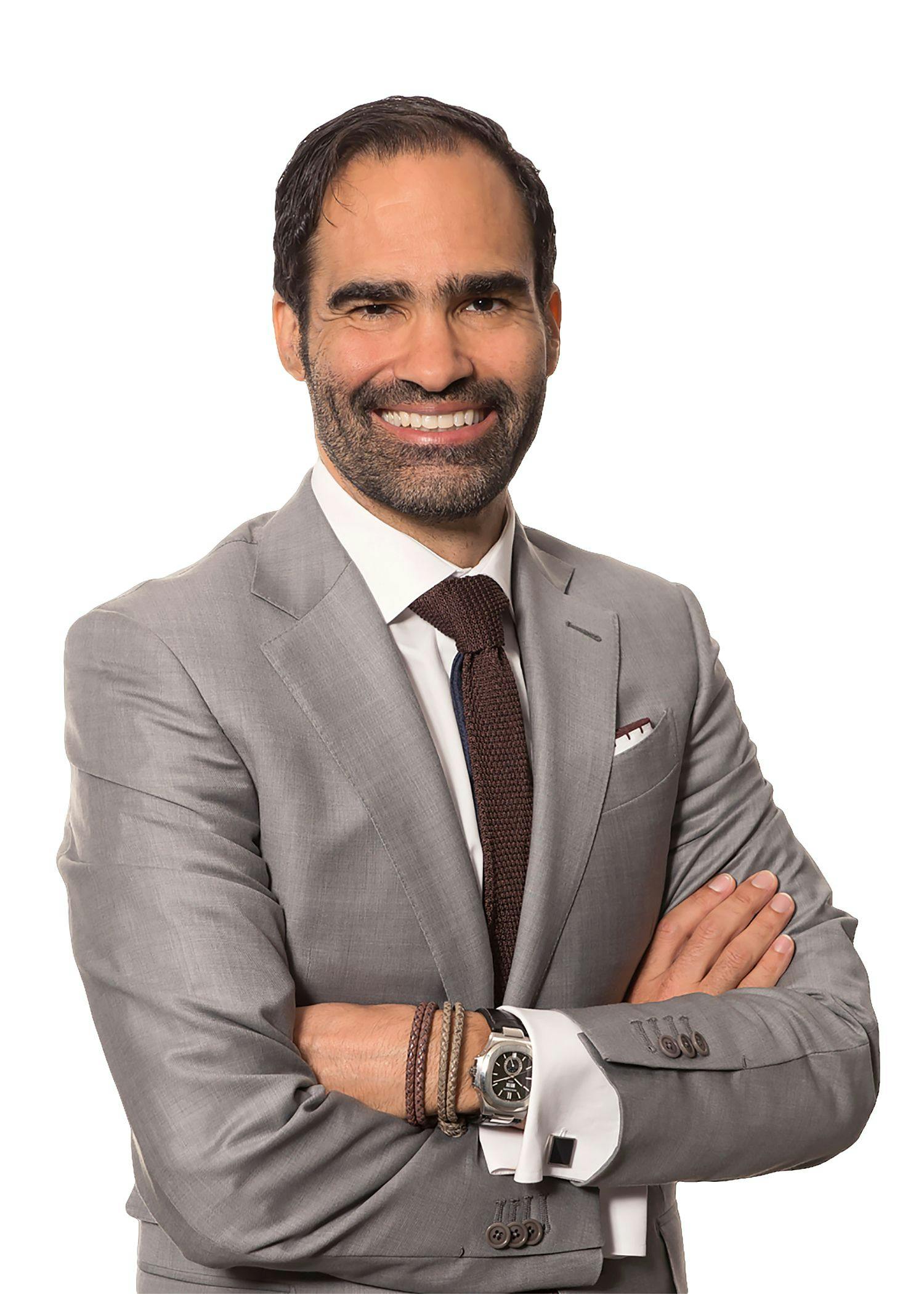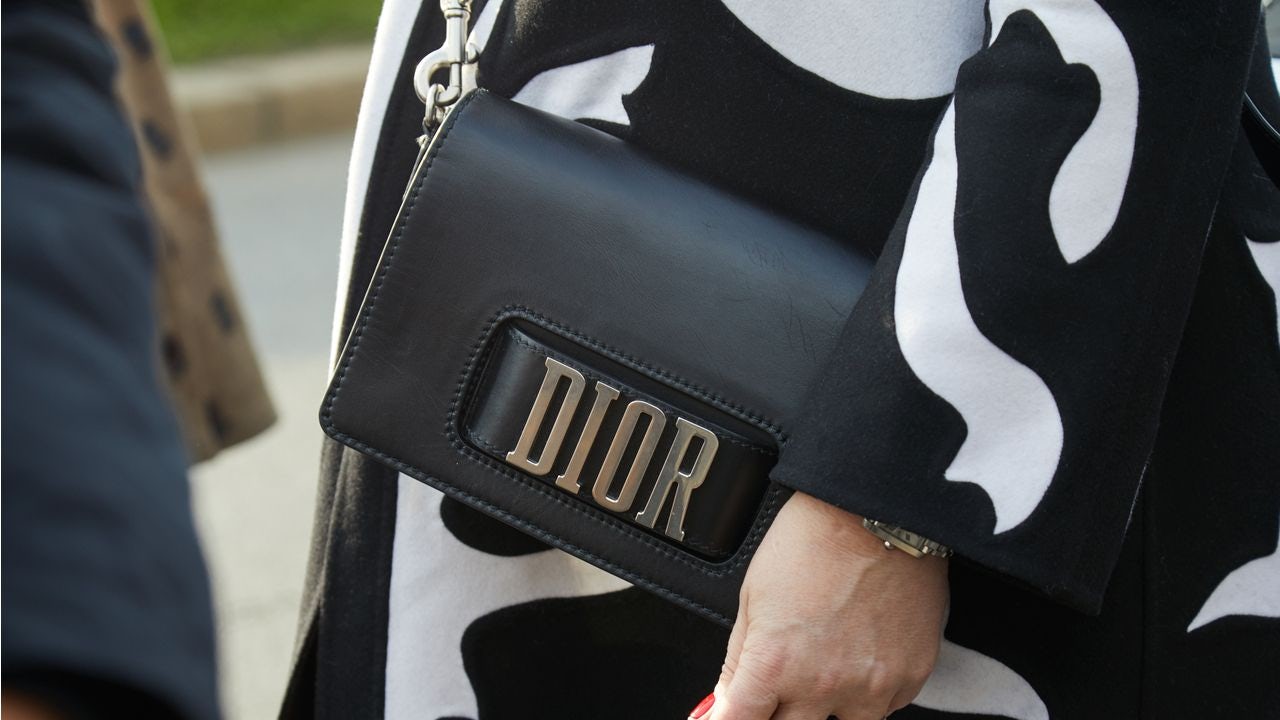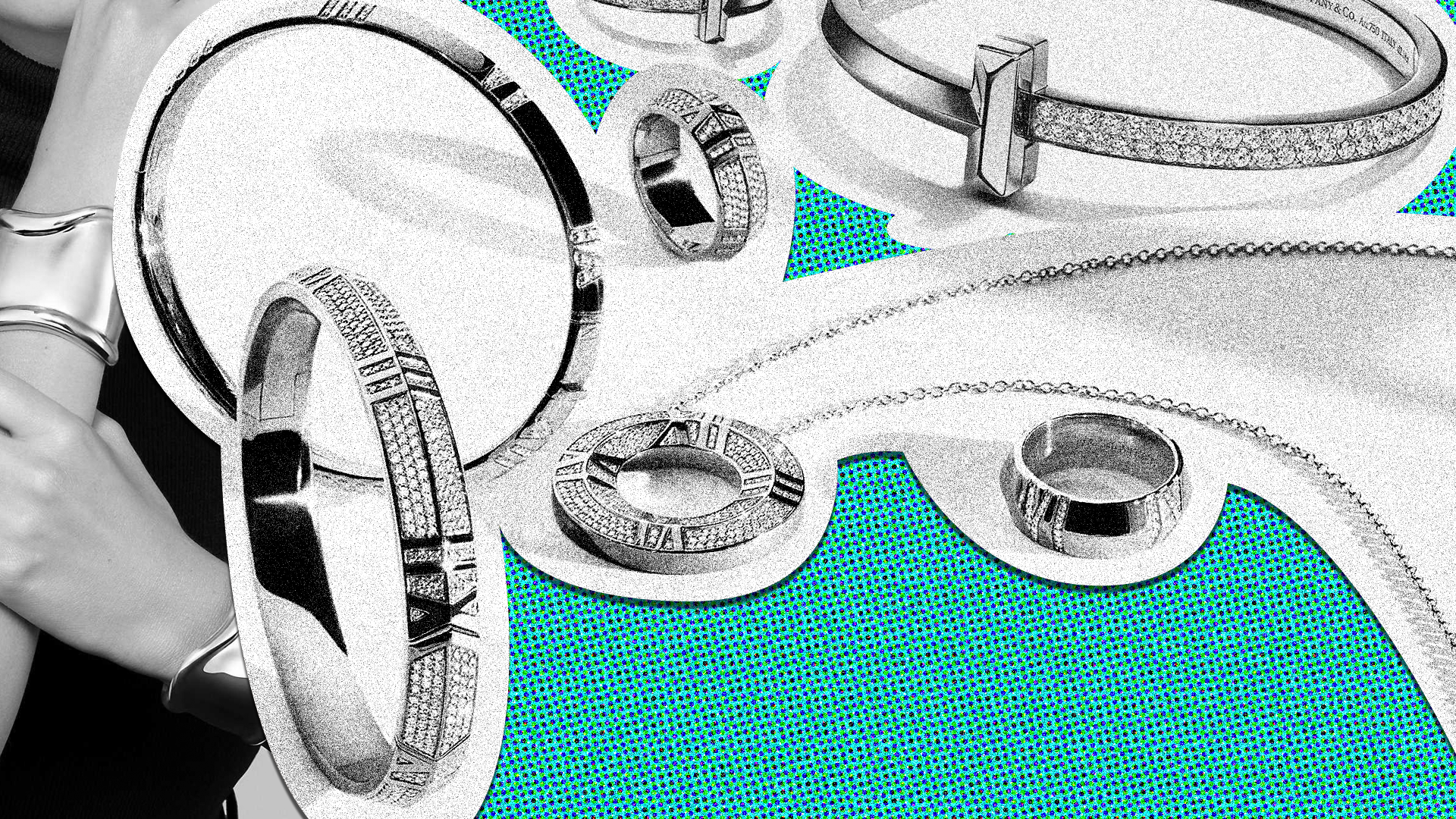Key Takeaways:#
According to data analyzed by Finaria, the French luxury house LVMH reached a staggering 319.4 billion (264.6 billion euros) as of February 26, 2021, surpassing Nestlé, the Swiss food giant, to become Europe’s most valuable company.
Added luxury value is a component resulting from psychological effects that make our brains attribute positive aspects (such as higher attractiveness, more expertise, a better life, and more self-esteem) to a person who buys or showcases a luxury item or brand.
Brands with powerful stories that create desire via ALV can add significant premiums due to the rare value they produce.
Most people are astonished by the size and dynamics of the luxury market. Intuitively, they assume luxury is a niche business — even people who work for luxury brands. But what many underestimate is a luxury brand’s enormous value creation potential.
This year marks a historic moment for the luxury industry. All brands are hoping for better performances than last year and a speedy recovery for the European and North American luxury markets. Both regions fared poorly during the pandemic, with some categories losing 50 percent or more of their market in these areas that many of the world’s most admired luxury brands call home.
With the pandemic still raging across the first quarter of 2021, and most key European markets in strict lockdowns, the news that LVMH just became Europe’s most valuable company might be surprising. According to data analyzed by Finaria, the French luxury house reached a staggering 319.4 billion (264.6 billion euros) as of February 26, 2021, surpassing Nestlé, the Swiss food giant.
What’s driving this all-time-high valuation is how the luxury group used 2020 better than other luxury houses and put itself in the pole position for when the markets come back. In short, their strategy execution is a masterpiece of extreme value creation from which other brands can learn.
What many brands don’t fully understand is that people don’t buy luxury for the product itself but for the brand's exclusive value. I have described this phenomenon, called Added Luxury Value (ALV), several times before in my Future of Luxury column.
Added luxury value is fascinating yet at the same time tricky. It is a value that results from psychological effects that make our brains attribute positive aspects (such as higher attractiveness, more expertise, a better life, and more self-esteem) to a person who buys or showcases a luxury item or brand. In other words, a luxury handbag or luxury watch makes you perceived as smarter, more attractive, and more fun to be with, according to my research.
It is an automatic, archaic response in our brains that we cannot deny. Studies in Europe, China, Japan, and North America confirmed that the ALV effect is universal — regardless of how much we like luxury and independent of age or other factors. Even the product is mostly irrelevant, as this desire is driven primarily by one’s perceived story about the brand.
Hence, brands with powerful stories that create desire via ALV can add significant premiums due to the rare value they produce. If your brand creates high perceived consumer value, you can price for it and achieve profitability far beyond other categories. If brands cannot develop powerful stories, offer consistent experiences, or price their products correctly, ALV either does not develop or collapses completely. And once it’s gone, it rarely returns. That’s why many brands in the luxury sector decline quickly or never take off at all. Managing ALV is a core task in luxury, and few brands spend the proper time on it.
Unsurprisingly, LVMH is a master of storytelling and brand experience creation. Bernard Arnault famously described luxury as the ability to create desire. The greater the lust, the higher the value creation. In turn, more customers flock to the brands with the highest value creation and are willing to pay prices that correspond to that value.
So how is that value achieved? With a combination of the best managers in luxury and uniquely talented creatives like Dior’s Kim Jones and Louis Vuitton’s Virgil Abloh. A good example is the acquisition of Rimowa. Before LVMH controlled the luggage brand, it was without a clear profile or quality brand storytelling, overemphasized heritage, and mistakenly sold their products wholesale (impacting the brand experience significantly). Meanwhile, the brand displayed almost a complete lack of innovation.
Alexandre Arnault cleaned up the brand’s distribution, got rid of wholesalers and promotions, significantly increased prices, and made the brand a disruptive force. Because of Rimowa’s efforts, carry-ons became as desirable as handbags for the first time in history, with seasonal collections that created the urge among wealthy travelers to showcase their newest and latest Rimowa carry-ons. The Off-White x Rimowa transparent trolley quickly became an instant hit. Then, during the pandemic, Rimowa pivoted to backpacks and more practical items that people could use every day. As a result, Rimowa became the perfect example of how a lagging brand can transform into a creative luxury powerhouse with a compelling brand story.
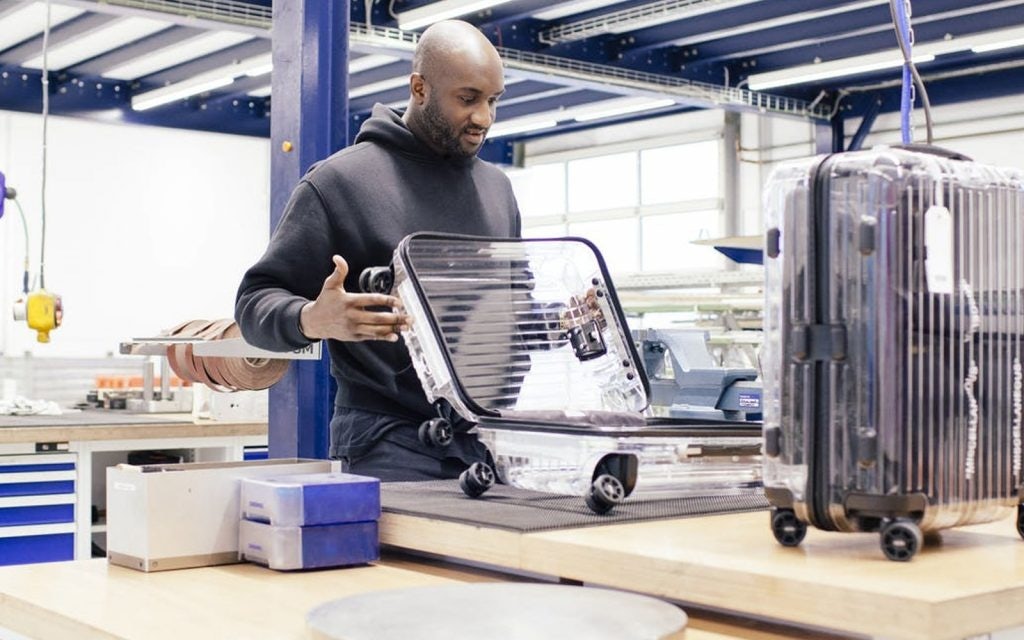
During the pandemic, LVMH acquired the famed jeweler Tiffany's. I expect the company to give the brand a complete transformation similar to Rimowa’s, which will breathe new life and significant growth into the iconic American brand with massive appeal in Asia. With an injection of creativity and experience creation, as well as more coherent pricing and assortment strategies, Tiffany will have enormous growth potential, as I’ve stated before in several columns.
Unlike many other luxury houses, LVMH has refrained from lowering prices or from promoting during the pandemic — a strategy that I suggest to be the best practice for luxury brands. In fact, brands like Dior introduced price increases, reflecting the extreme value its brand creates.
Another of LVMH's strong characteristics is that it isn’t afraid of making tough decisions. One such decision was putting Fenty — the glamorous fashion house it created together with pop singer Rihanna — on hold. Rumors about Fenty’s disappointing results and the high cost of establishing a new brand had led LVMH to shift its focus to more promising and scalable brands for the time being.
In 2020, key LVMH brands like Dior continued to expand digitally by experimenting with newer platforms like Tiktok, while other luxury brands were reluctant and slow to adapt. As such, the Dior x Air Jordan limited edition created one of the highest digital demands ever, with over 5 million people trying to buy the shoes over the website, which boosted resale prices of the limited edition to between 10,000 and 20,000, depending on the platform. That initiative shows the power of ALV.
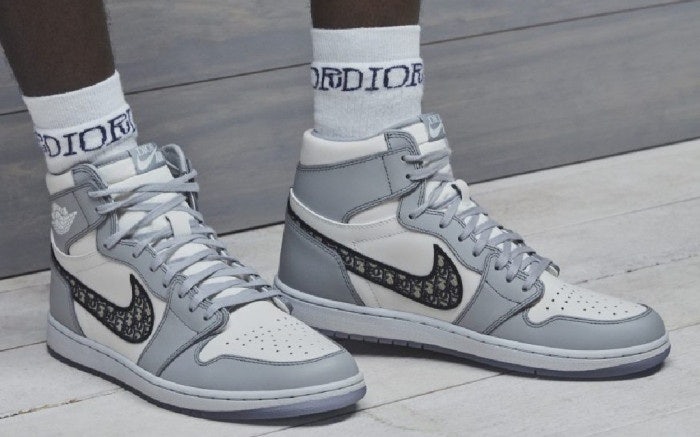
The ability to consistently manage a complex brand portfolio with the primary focus of creating desire and ALV — and translating that extreme value into higher and higher prices — explains LVMH’s success story and has driven its market valuation to unprecedented heights. The company’s brands have been among the best managed during the pandemic, connecting strongly with their customer groups while always innovating.
LVMH provides a lesson for other luxury brands: If you focus on the excellent execution of a strong brand story, avoid the urge to promote, and digitally engage with your customer base in tough times, then you will be rewarded in customer desire, larger revenues, high profitability, and ultimately, top market capitalization. The current surge behind LVMH reflects that investors believe the company is well-positioned to lead, even in a pandemic. Do people have that kind of faith in your brand?
Daniel Langer is CEO of the luxury, lifestyle and consumer brand strategy firm Équité, and the professor of luxury strategy and extreme value creation at Pepperdine University in Malibu, California. He consults some of the leading luxury brands in the world, is the author of several luxury management books, a global keynote speaker, and holds luxury masterclasses in Europe, the USA, and Asia. Follow @drlanger
